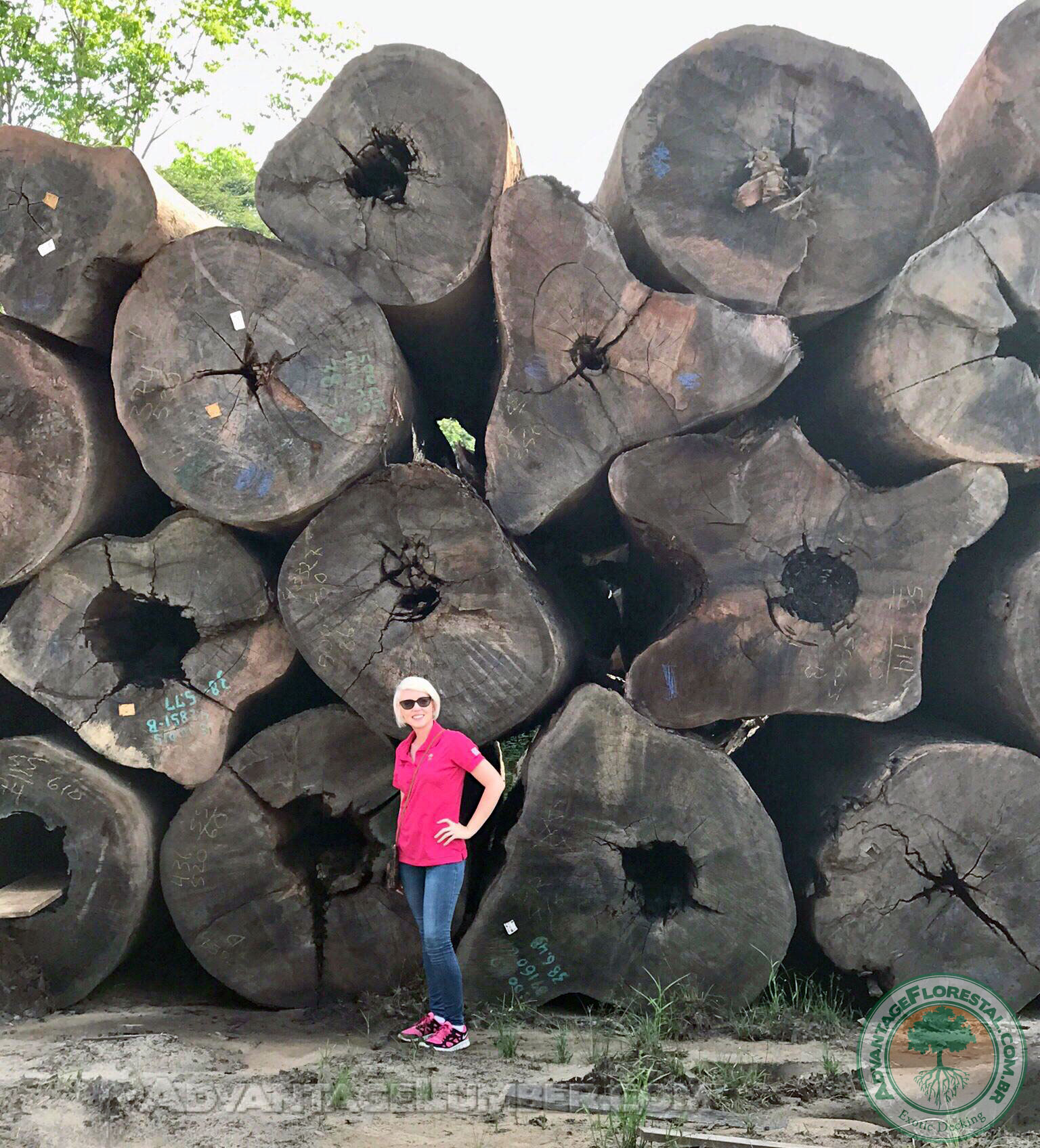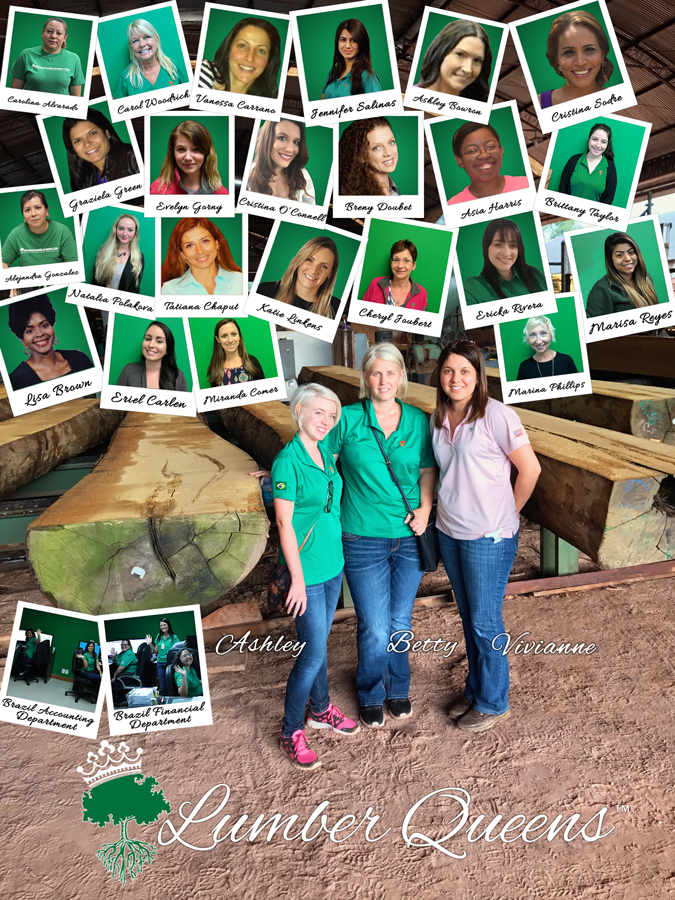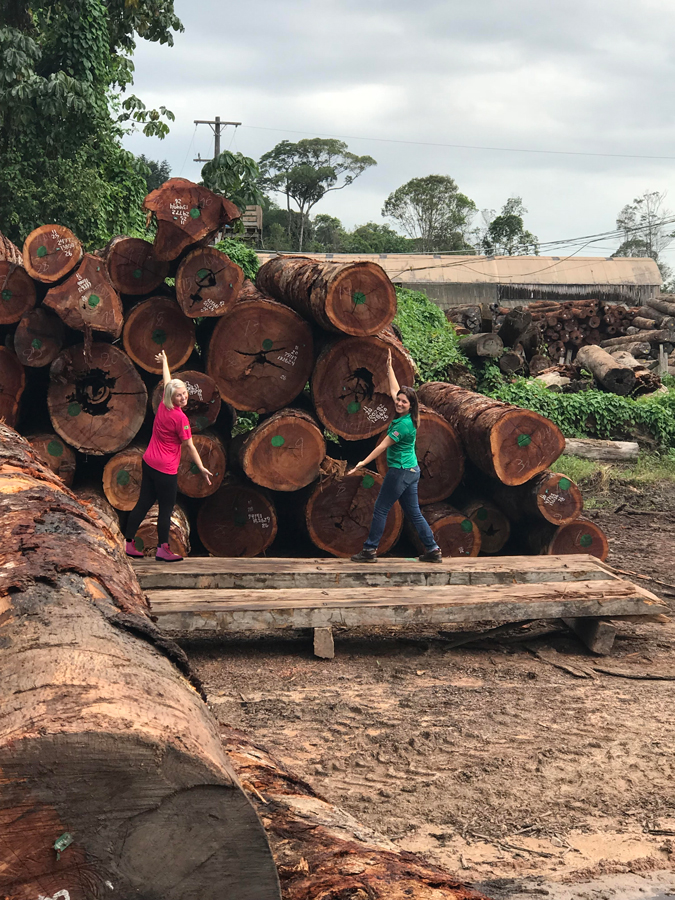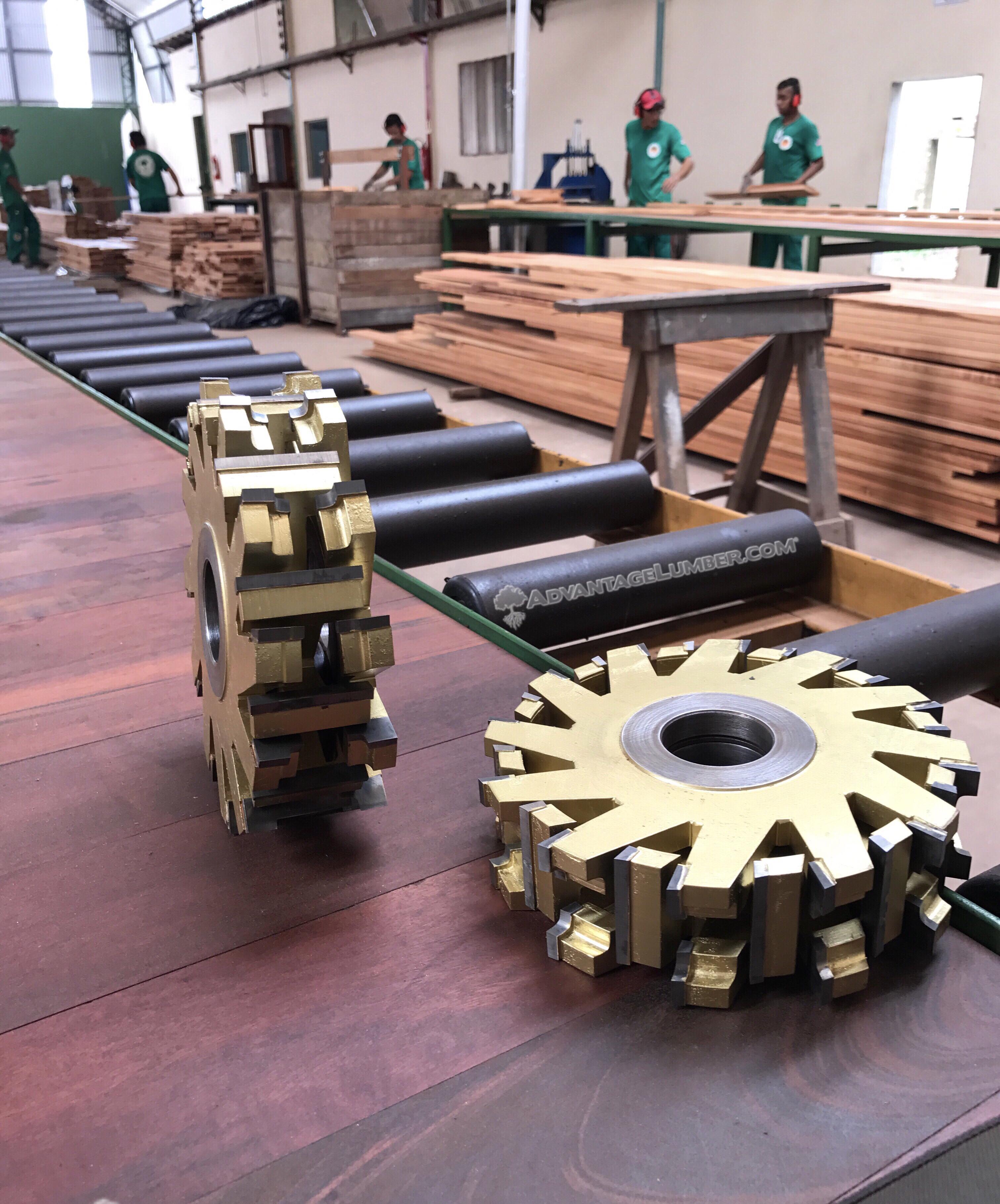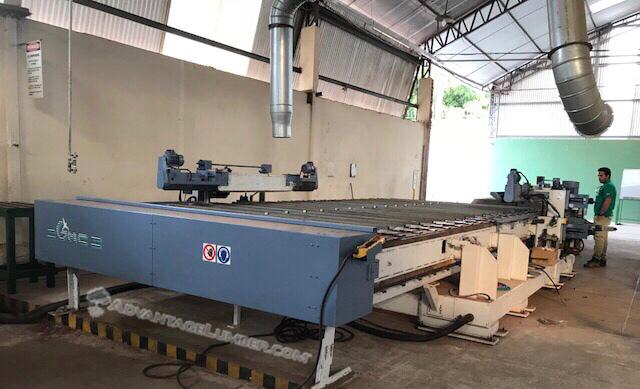As regiões tropicais, como a floresta amazônica, não possuem as estações típicas como a primavera, verão, outono ou inverno. Em vez disso, as estações da Amazônia são divididas em duas estações, a estação seca e a estação úmida, cada uma com cerca de metade do ano. Na Amazônia, a parte mais úmida da estação chuvosa ocorre de dezembro a maio. Durante a estação chuvosa, a floresta amazônica recebe um impressionante 6 a 12 pés ou mais de chuva. Durante a parte mais seca da estação seca (junho a agosto), a floresta amazônica recebe uma média de apenas cerca de 6 polegadas ou menos de chuva. Durante a estação úmida, em que a maior quantidade de chuva cai, isso pode fazer com que o rio Amazonas eleve e caia em até 40 pés ou mais. O aumento anual do nível da água do rio causa vastas inundações em toda a bacia do rio Amazonas. Durante esta estação chuvosa, a floresta reabastece-se com solo rico em nutrientes. Em algumas áreas ou a Amazônia o rio inunda duas vezes por ano, como os rios dos Andes peruanos e depois os andes equatorianos se incham e depois ultrapassam seus bancos após dramáticas quantidades de chuvas sazonais. A água do rio, saturada de sedimentos, inunda a floresta circundante sob 20 a 30 pés por períodos até dez meses do ano, afetando uma faixa de terra até 13 milhas de largura. A deposição de sólidos em suspensão ricos em nutrientes nesses rios reabastece os nutrientes minerais pelo chão da floresta, tornando o terreno muito fértil, uma propriedade que não se encontra nas terras altas da Amazônia. As árvores na floresta amazônica aprenderam a se adaptar a esta inundação sazonal. Muitas árvores na floresta tropical desenvolveram casca que não apodrece. Desta forma, quando a água inunda o chão da floresta, as árvores ainda são capazes de suportar a base da árvore sendo submersa. Além disso, algumas árvores se ancoram no chão da floresta usando raízes de contraforte, que são grandes raízes laterais que se estendem para fora da base. As florestas tropicais têm uma camada superficial de solo fértil, portanto as árvores só precisam de raízes rasas para atingir os nutrientes. ainda, uma vez que raízes rasas não podem suportar grandes árvores de floresta tropical, muitas árvores tropicais desenvolveram enormes raízes de contraforte. Estes se estendem do chão a 6 pés ou mais acima do tronco e ajudam a ancorar a árvore no chão. Essas raízes estruturais impedem a queda da árvore e ajuda na coleta de mais nutrientes. Eles também passam a dar às árvores do Rainforest seu olhar de assinatura. O IPE é uma dessas árvores e é uma escolha de deck muito popular. Você só pode colher árvores de Ipe alguns meses do ano devido à chuva nas florestas do Brasil. Uma vez que as chuvas parem, começa a lama, os desafios e a dificuldade de mover grandes quantidades de madeira. O backcountry do Brasil não tem estradas pavimentadas. Em vez disso, tente imaginar a pior estrada de terra nos EUA. Se você tentar o suficiente, você nem chegará perto. As estradas do Brasil podem ser absolutamente perigosas se você já viu esse programa de TV nas estradas mais perigosas do mundo, você terá uma idéia do risco envolvido e as habilidades extremas de condução necessárias para obter esta madeira preciosa da usina no Brasil para seu projeto localização. Durante a estação chuvosa, nós concentramos nosso foco na fabricação de nossa linha eco-amigável premium de pisos de madeira e moagem do estoque de toras que temos no local enchendo o armazém para a próxima temporada do prédio da Primavera. Saiba mais sobre nossos produtos de revestimento de madeira.





